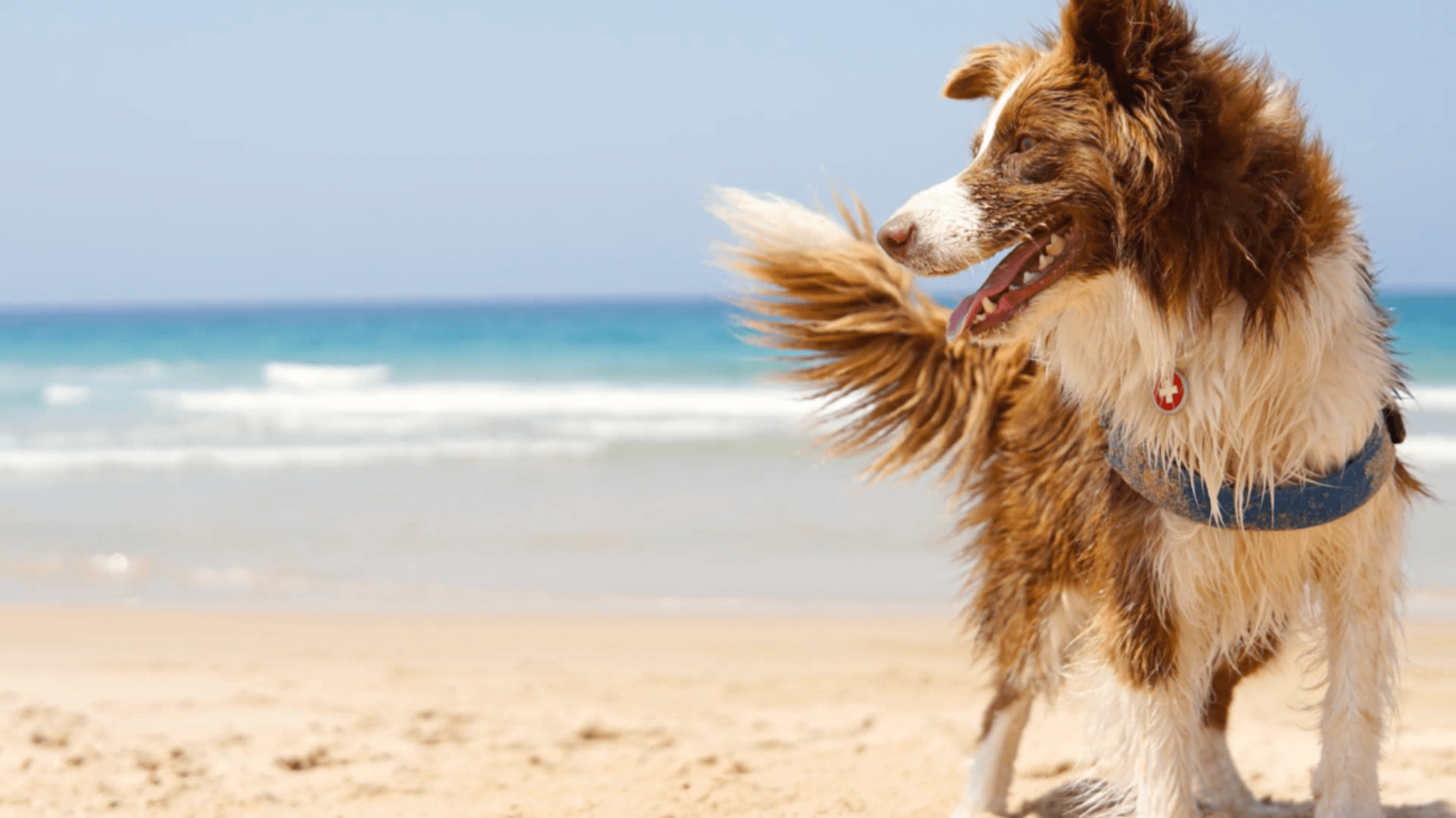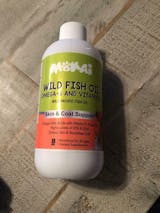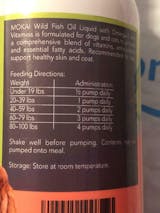Today, we are going to focus on a member of the Brassicaceae family. Let me translate it to English: Can dogs eat broccoli?
When we feed our dogs fruits and vegetables, we feel we are giving them the best nutrition! And partly, it is true. Fruits and vegetables contain a lot of vitamins, minerals, nutrients, and fiber our dogs need to be healthy.
Can dogs eat raw broccoli?
The answer is yes, dogs can eat broccoli, both cooked and raw. In fact, it is a healthy snack dogs tend to enjoy and eat eagerly.
However, some veggies need to be dosed, since they can affect our pups' health. According to the WSVA (World Small Animal Veterinary Association), consuming too much broccoli can cause gastrointestinal distress, hence the recommended amount of broccoli should not exceed 10% of a dog’s daily meals.
The countless benefits of broccoli
Broccoli is known as a super veggie. It contains fiber, carbs, protein, and almost no fat. Besides, broccoli contains different kinds of vitamins. A, B9, K, and C (a cup of broccoli contains approximately 85% of the recommended daily amount of vitamin C), and also folic acid, and potassium
In addition, this vegetable is a powerful antioxidant. Antioxidants are molecules that inhibit the cell damage caused by free radicals, and as a result, they reduce inflammation and boost their overall health. Broccoli is also related to cancer prevention, cholesterol reduction, improvement of bone and heart health, and detox and anti-age properties.
Word of advice: Different types of cooking like boiling and microwaving can diminish and even eliminate the properties of broccoli. Steaming is the safer cooking method to preserve all its nutrients.
Dangers of broccoli for dogs
Broccoli sprouts contain an ingredient that is called isothiocyanates. This component is great for plants, it protects them from insects and bacteria. However, if eaten in excess, isothiocyanates can cause severe gastric issues in dogs.

Some of the symptoms you will notice if your dog gets intoxicated with broccoli are diarrhea, vomiting, stomach upset, etc. In that case, we recommend you take your pup to the vet as soon as possible.
So, can dogs eat broccoli? Yes, but if you are going to feed broccoli to your dog on a regular basis, we recommend you to…
-
Start slowly. Give him small amounts of cooked broccoli, to begin with, since it is easier for dogs to digest. Watch him closely to see how his body responds to it.
-
Double-check it doesn’t exceed 10% of their daily food intake. As we have already mentioned, the total safe amount of broccoli for dogs is less than 10% of their daily food intake. If a dog exceeds 25%, it is then considered toxic. Offer broccoli in moderation.
- Make sure to include all the nutrients your dog needs. Including fruits and veggies in your pup’s diet is an excellent idea. However, they have some nutritional gaps that can only be filled with dog food or supplementation. Mokai’s Multifunctional Dog Chews contain all the nutrients your pooch needs to carry a healthy life.
Top 5 of vegetables for dogs
So, all in all, can dogs eat broccoli safely? Definitely yes! However, broccoli is not the only safe vegetable for dogs. Here is a list of the top 5 veggies to feed your furry friends and boost their health :)
-
Carrots: They improve eye health, and lower cholesterol levels. It is a source of beta carotenes, fiber, potassium, and antioxidants. Besides, it improves intestinal health, and helps control diarrhea by absorbing excess moisture of dogs' stool.
-
Pumpkin: It is super rich in Vitamin A and a powerful antioxidant. It also contains vitamins B2, C, and E.
-
Cauliflower: Another member of the Brassicaceae family, cauliflower is high in fiber and vitamin B, and contains phytonutrients that protect dogs against cancer.
-
Asparagus: Great source of fiber, vitamins, potassium, phosphorus, and calcium. You can read all about this veggie in our blog ‘can dogs eat asparagus?’
- Celery: It is low in sodium, and contains minerals like potassium and folate. Besides, it has a low glycemic index, so it has a positive effect on your dog’s blood sugar.
















